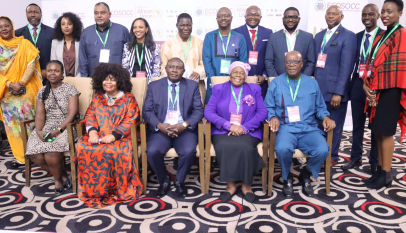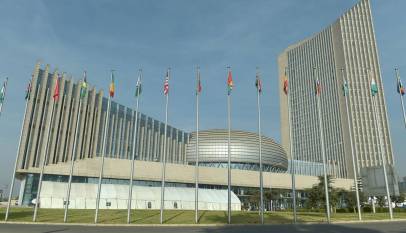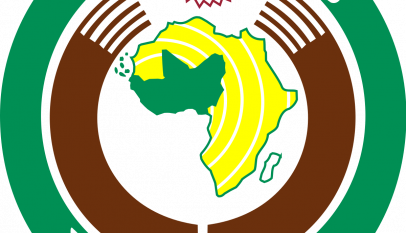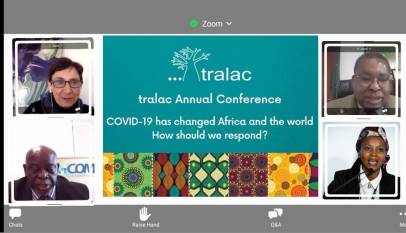Angola becomes 30th state party to the AfCFTA by depositing instruments of ratification
In the build-up to the commencement of trade under the African Continental Free Trade Area (AfCFTA), slated for January 2021, the People’s Republic of Angola on Wednesday deposited its instruments of ratification for the AfCFTA Agreement, having signed it on March 21, 2018, making the central African nation the 30th state party to the Agreement.

Angola’s instruments of ratification were deposited at the African Union Commission by Francisco Jose Da Cruz, Ambassador of Angola to the African Union. The AU Commission said further ratifications were being expected ahead of the extraordinary summit of heads of state of the AU on the AfCFTA, slated for December 5.
It would be recalled that it was at the African heads of state’s extraordinary summit on the AfCFTA held March, 2018 in Kigali, Rwanda, that the Agreement establishing the AfCFTA was presented for signature, along with the Kigali Declaration and the Protocol to the Treaty Establishing the African Economic Community relating to the Free Movement of Persons, Right to Residence and Right to Establishment.
The AfCFTA, which has been signed by 54 Member States of the African Union, thus far, is a trade agreement that foresees the creation, by 2028, of a single market, as well as the establishment of a continental economic union and an area for free movement of persons. According to legal provisions, the AfCFTA will not come into effect until 22 of the AU countries have signed and ratified the agreement.
Consequently, the 22-country threshold was reached on 29 April 2019, when Sierra Leone and the Saharawi Republic deposited their instruments of ratification with the depositary. According to Article 23 of the Agreement, entry into force occurs 30 days after the 22nd instrument of ratification is deposited with the Chairperson of the AU Commission.
Since its signing of the Agreement in 2018, Angola had been engaged in consultations with its neighbors: Namibia, Zambia, and the Democratic Republic of Congo with whom it maintains customs agreements, before it finally submitted its ratification of the AfCFTA Agreement. As it is today, 54 of the 55 AU countries have signed the AfCFTA Agreement with Eritrea being the only exception. With Angola’s ratification, the AfCFTA now requires 25 more ratification to achieve universal ratification.

















